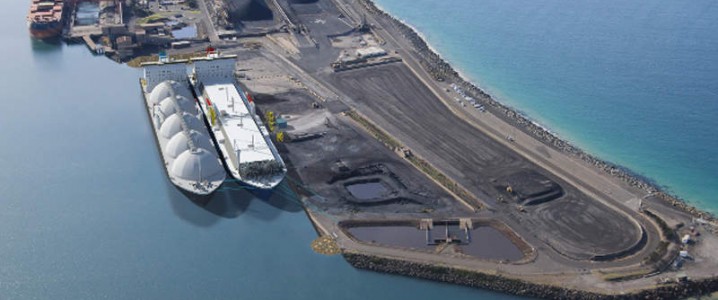Now, Nigeria’s LNG is idling on tankers that serve as floating storage, analysts tell Bloomberg.
Over the past two months, Nigeria continued to send LNG cargoes to one of its main markets, Europe, but with many major European economies in lockdown, demand has plunged, and customers with options to defer have been postponing the offloading of the cargoes. This has created a fleet of tankers carrying LNG that are now just floating storage, according to commodity tracking firm Kpler, cited by Bloomberg.
LNG prices at their lowest in years have forced traders to keep LNG on the tankers, waiting for demand to improve.
But prices are not set to improve in the summer, according to Manas Satapathy, managing director for energy at Accenture.
“The worst is yet to come, we will likely see super low prices in late June, July, August,” Satapathy told Bloomberg.
The crash in LNG demand in Europe during the pandemic and the high storage levels will likely mean that the continent will struggle to act as a sponge to absorb excess LNG supply this year as it did in 2019, Rystad Energy said in an analysis last week.
Last year, Europe became the “de facto global LNG sink,” when milder winter in Northeast Asia slowed down LNG demand growth there, the energy research firm said. In 2019, Europe’s total LNG imports surged by 80 percent compared to 2018, while in January and February 2020 – before the European lockdowns and when the coronavirus hit Asia – Europe’s LNG imports jumped 35 percent, thanks to the UK, Spain, and Belgium.
“We still don’t have an end date for when Europe will completely re-emerge from lockdown, and the impact will probably be deeper coming into the summer months. With gas storage tanks already almost filled to the brim, Europe’s capacity to import and actually use the same amount of LNG as in 2019 seems like a tall order, especially if we see another mild winter,” Rystad Energy said.
